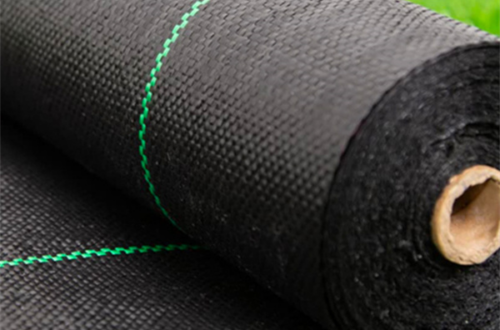What is a Moisture Sensor? Definition, Types, and Applications
What is a Moisture Sensor?
A moisture sensor is an electronic device designed to measure the water content in various materials. These sensors are essential in industries like agriculture, construction, and environmental monitoring, providing accurate data to optimize processes and resource usage.
Types of Moisture Sensors
There are several common types, including capacitive, resistive, and time-domain reflectometry (TDR) sensors. Each type operates on different principles, suited for specific applications and materials.
How Moisture Sensors Work
Most sensors detect changes in electrical properties, such as capacitance or resistance, caused by moisture presence. This data is converted into measurable readings, allowing for real-time monitoring and control.
Key Applications
Moisture sensors are widely used in smart irrigation systems, building maintenance to prevent mold, and industrial processes like food production. Their versatility makes them invaluable for efficiency and quality control.
Frequently Asked Questions
What is the basic moisture sensor definition? It refers to a device that quantifies water levels in solids, liquids, or gases. For a deeper understanding, explore this detailed moisture sensor definition.
How accurate are moisture sensors? Accuracy varies by type and calibration, but high-end models offer precision within ±2%.
Conclusion and Next Steps
Understanding moisture sensors can enhance your projects and operations. Ready to integrate reliable sensing solutions? Contact us today for expert recommendations and support!


